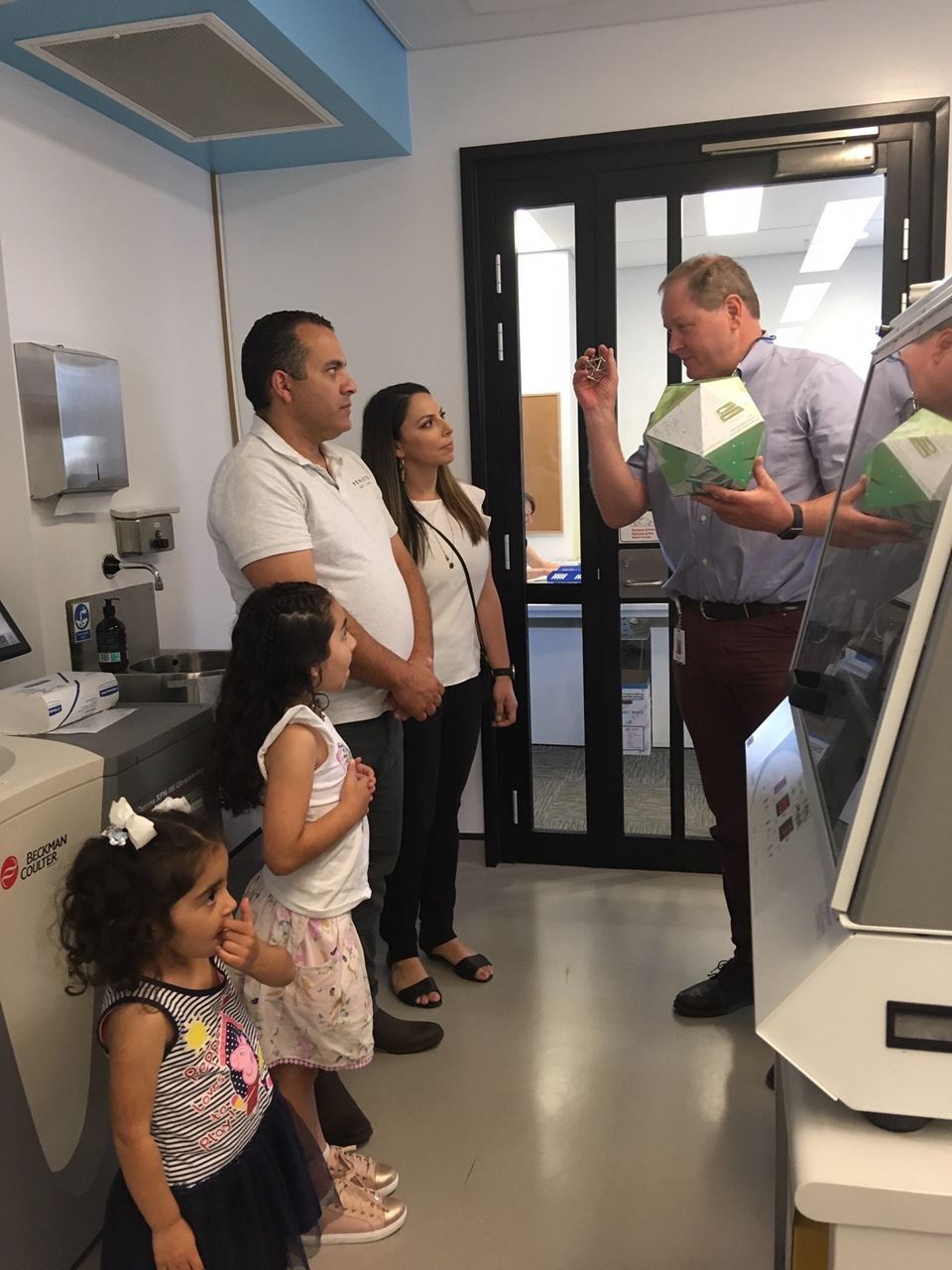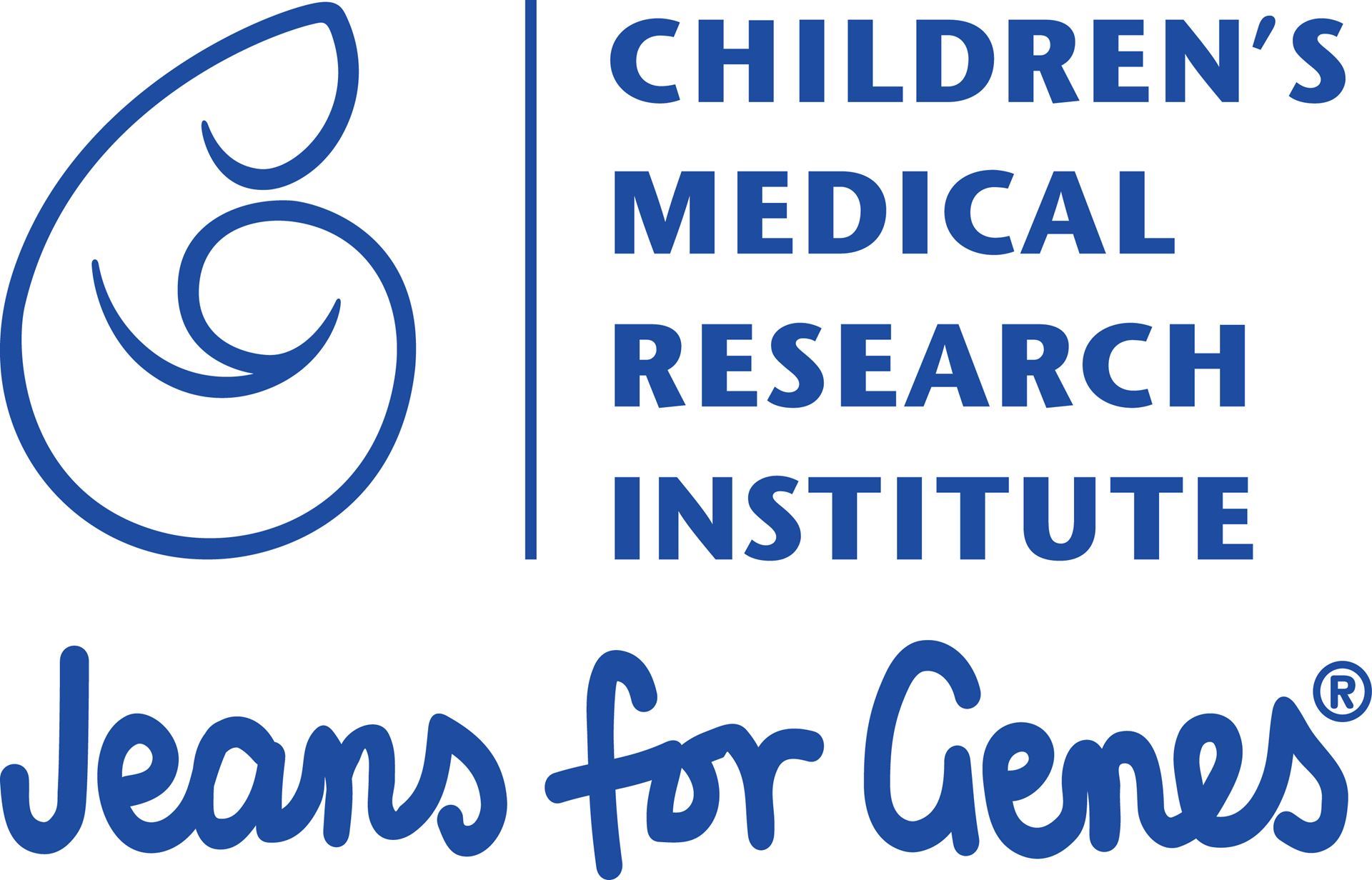 A new partnership between Children’s Medical Research Institute (CMRI) in Westmead and LogicBio Therapeutics in Boston, is set to fast track gene therapy treatments for children with life-threatening genetic liver disease and also boost Australia’s growing biotech industry.
A new partnership between Children’s Medical Research Institute (CMRI) in Westmead and LogicBio Therapeutics in Boston, is set to fast track gene therapy treatments for children with life-threatening genetic liver disease and also boost Australia’s growing biotech industry.
The deal, announced this month, will see the partners develop new viral vectors, which transport a healthy copy of a gene into a patient’s cells to either replace or edit the faulty gene. It could dramatically change the lives of children like three-year-old Charlize Gravina.
Charlize and her twin brother Isaac were born with propionic acidemia, which is a serious metabolic disorder. Isaac required a liver transplant when he was just two years old. Unfortunately, due to post-surgery complications, he died a short time after the transplant. Within months, his family went through the heart-breaking decision of submitting Charlize to the same procedure. She has now had two liver transplants and her parents, Julie and Paul, are so excited to hear about this collaboration.
“When you are told there is no treatment, no cure,’’ Mrs Gravina said, “all you want to do is change things for other people, so they don’t have to go through what we’ve gone through.’’
This new program is led by Professor Ian Alexander who is head of the Gene Therapy Research Unit, a joint venture of CMRI and the Sydney Children’s Hospitals Network (SCHN), and Dr Leszek Lisowski who is leader of the Translational Vectorology Group at CMRI.
Prof Alexander, a scientist and a clinician, said they hoped to produce significant outcomes for patients like the Gravinas. They are even using a sample from Charlize’s liver in their research.
“This technology could translate into saving the lives of infants with life-threatening conditions,’’ Prof Alexander said. “It’s about getting cures into the clinic as soon as we can.”
“We’re trying to get to a point where instead of a liver transplant in a very young infant, we can genetically repair the liver without major surgery. It’s a very exciting time to be doing gene therapy.’’
He said the investment from LogicBio was also a good sign for the local industry, acknowledging and supporting the local expertise.
“It recognises that we are one of the key groups in the world doing this work. I think this is an indication of the growing recognition of the strength of Australian researchers in this highly specialized field, contributing to the globally exciting development of gene therapies. It is further growth of the Australian biotech industry and will have a knock-on effect. We see it as the beginning of something much greater. It is about moving technology into the clinic which, in future, will benefit many more patients by offering new and better treatment opportunities.’’
Dr Lisowski said the LogicBio deal could help make a difference between therapies being readily accessible to patients or not.
“At the moment, we can routinely produce vectors in the lab, but to move to much larger clinical scales it is very costly and involves long, overseas waiting times for clinical trials’’ he said. “For one person it could be between $300,000 to $1 million for a single treatment. That means the therapies are not going to be available to most of the public any time soon. We aim to change that; to reduce costs and local waiting times for trials so these cures are more widely and more quickly available. While the initial focus is on liver the technology has the potential to expand to other disease targets, involving the brain, the heart, kidneys, bone marrow and pancreas, for example.’’
LogicBio CEO, Fred Chereau, said, "We’re optimistic that we can significantly improve the performance of AAV vectors through this collaboration. These next-generation vectors will strengthen our platform and expand our pipeline. We also expect them to bolster other important approaches to genetic medicine, including gene therapies.”
This latest announcement follows on from the news earlier in the year that the NSW State Government, through the Office of Health and Medical Research, will provide funding to establish start-up facilities that will manufacture gene transfer vectors in Western Sydney. This project is also run jointly by Professor Alexander and Dr Lisowski at CMRI and the SCHN.
The Gravinas are now focused on providing the best future they can for Charlize and her big sister, Amelia, who wants to be a medical researcher – but they also want to help future generations.
“There are so many questions where we don’t have answers,’’ Mr Gravina said. “We’ll never stop wanting to help as many people as we can.’’
If you would like to find out more about how you can support this work, or to organise a tour of the labs, contact info@cmri.org.au
